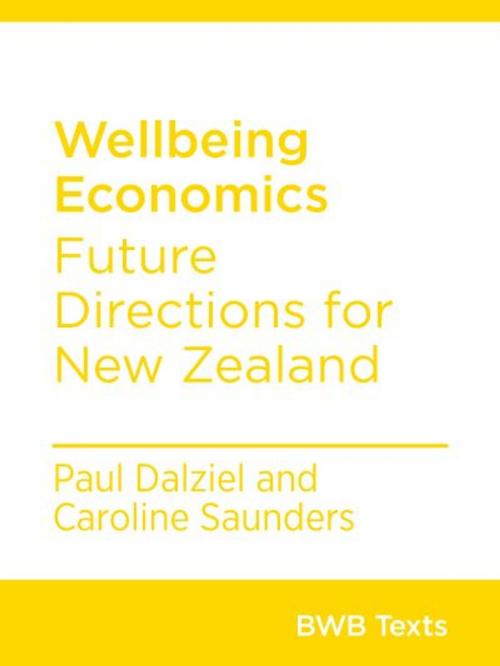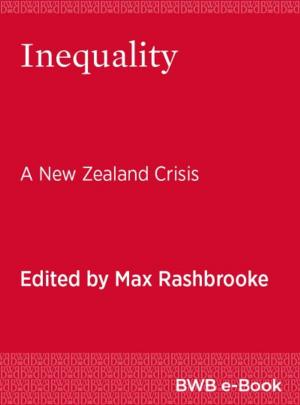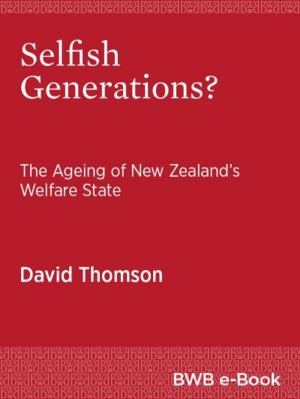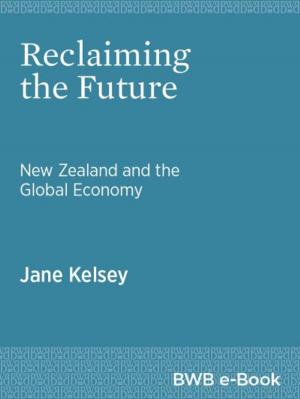Wellbeing Economics
Future Directions for New Zealand
Business & Finance, Economics, Sustainable Development, Economic Development, Theory of Economics| Author: | Paul Dalziel | ISBN: | 9781927247990 |
| Publisher: | Bridget Williams Books | Publication: | June 9, 2014 |
| Imprint: | Language: | English |
| Author: | Paul Dalziel |
| ISBN: | 9781927247990 |
| Publisher: | Bridget Williams Books |
| Publication: | June 9, 2014 |
| Imprint: | |
| Language: | English |
New Zealand is recognised as having been a pioneer in creating in 1938 what was arguably the Western world’s first comprehensive welfare state … we argue in this book that more than seventy-five years later there is a new opportunity for New Zealand to pioneer a further transformation in how a country enhances the wellbeing of its people.
Seventy-five years after Labour’s social security reforms of the 1930s, it is time for a major shift in how New Zealand regards the wellbeing of its people. Instead of measuring economic growth for its own sake, we should be assessing how well it enables New Zealanders to lead ‘the kinds of lives they value and have reason to value’.
Wellbeing economics is famously defined by Professor Amartya Sen as: ‘the expansion of the “capabilities” of people to lead the kinds of lives they value and have reason to value’. Exploring the wellbeing economics concept of ‘value-added growth’, this analysis spans from personal to national growth, calling for New Zealand’s transformation from the traditional ‘welfare state’ to a progressive ‘wellbeing state’.
New Zealand is recognised as having been a pioneer in creating in 1938 what was arguably the Western world’s first comprehensive welfare state … we argue in this book that more than seventy-five years later there is a new opportunity for New Zealand to pioneer a further transformation in how a country enhances the wellbeing of its people.
Seventy-five years after Labour’s social security reforms of the 1930s, it is time for a major shift in how New Zealand regards the wellbeing of its people. Instead of measuring economic growth for its own sake, we should be assessing how well it enables New Zealanders to lead ‘the kinds of lives they value and have reason to value’.
Wellbeing economics is famously defined by Professor Amartya Sen as: ‘the expansion of the “capabilities” of people to lead the kinds of lives they value and have reason to value’. Exploring the wellbeing economics concept of ‘value-added growth’, this analysis spans from personal to national growth, calling for New Zealand’s transformation from the traditional ‘welfare state’ to a progressive ‘wellbeing state’.















